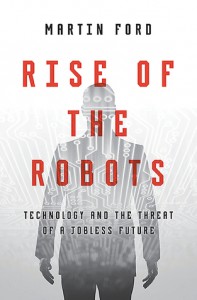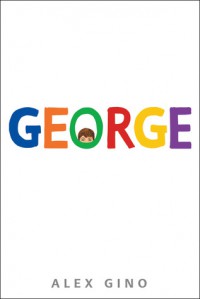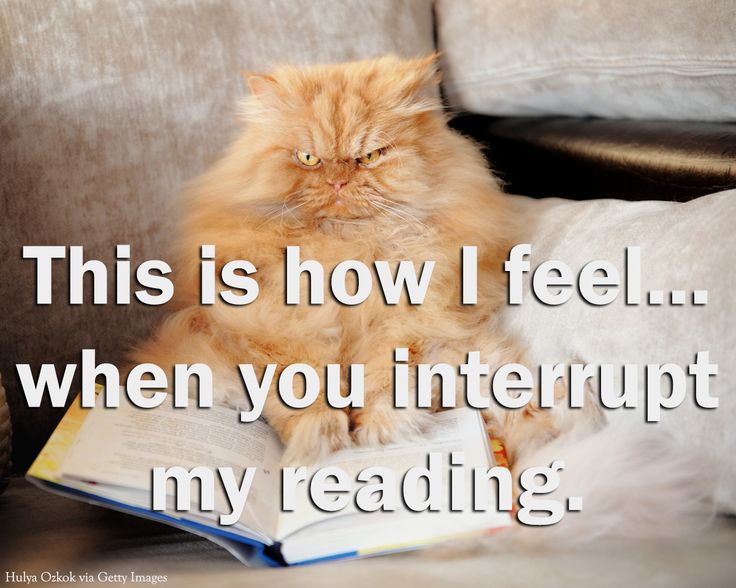Mike Mullin, Author
I'm the author of the ASHFALL three-and-a-half-ology: ASHFALL, ASHEN WINTER, SUNRISE, and DARLA'S STORY.
Bloggers: Interested in Reviewing the DARLA'S STORY Audiobook?

Are any of the bloggers who follow me here interested in reviewing the DARLA'S STORY audiobook? I have a few codes for free copies. Respond with a link to your blog/vlog if interested. Thanks!
 4
4
Proof Positive That Early Chapter Books Can Be Brilliantly Written
A few months ago I read a highly acclaimed work of literary science fiction for adults. It rambled through multiple narcissistic digressions, provided only the flimsiest hint of a plot, and generally never used two words where ten paragraphs would do. I want to sit that author down and force her or him to study Hamster Princess: Harriet the Invincible for a month.
Some early chapter books are atrocious, full of stilted dialogue, stereotypes, and exclamation point abuse (cough*Magic Treehouse*cough). Hamster Princess, along with other notables such as Notebook of Doom and Stick Dog, prove that it doesn't have to be that way. Its prose is spare, but still leaves room for gorgeous descriptions such as the wicked fairy whose laugh is, "like bones clattering down a hole in the dark." It smashes stereotypes at every turn. The titular character, when scolded for not acting like a princess, says, "But I'm a princess. If I do it, it's got to be something princesses do! Who makes these rules?" The book is chock full of humor that will appeal to kids and to adults who will likely wind up reading this out loud dozens of times.
Best of all, the author doesn't shy away from exposing her readers to interesting and sophisticated vocabulary. By page three we've already had "deportment," "ethereal," and "melancholy." One of the delights of reading is encountering new words, and I envy the young readers who discover this book. I'm thankful that Dial published it, rather than some other company. Some publishers "level" a book like this before it's released, striking out most of the interesting and unusual words in order to hit a reading level target, which they print on the back of the book. Dial, to its credit, doesn't print a reading level on Hamster Princess.
While teaching and children's literature are generally synergistic, reading levels are one case of teaching influencing kidlit for the worse. The very idea that you can calculate whether a book is right for a particular kid without reference to that child's interests and experiences is nonsense. Kids can, and will, tackle books far above their presumed ability if they're interested enough in the topic. Once consigned to the prison of a "reading level," they never get that chance.
Often as I'm writing, I think about reading levels. If I choose to use two short sentences instead of combining them, my book's Lexile level goes down. (Lexile is a particularly pernicious system of leveling books, since it relies on a mathematical formula and makes no reference to content. According to the idiots at Lexile, Elie Wiesel's classic and horrifying tale of the holocaust, Night, is for second graders.) When the Lexile level of my books goes down, schools that are bound by Common Core are less likely to use them. (Then I think, f*** Common Core, and write it the way I want to.)
Anyway, I digress. If you're a writer, pick up a copy of Hamster Princess. We can all learn a lot here. If you're a parent, try it out on your 7-10 year-olds. Or it's perfectly appropriate to read to younger children. You'll probably be forced to read it over and over, but luckily, it's so funny and well-written that you won't mind.
 5
5
 6
6
 8
8
 4
4
 5
5
 2
2
 4
4
 2
2

Martin Ford on p. 59 of Rise of the Robots, citing a 2013 study by Frey and Osborne of Oxford University.
 1
1
 10
10

I felt like this short story was over the top politically, even though I generally agree with the points it makes. It's more effective to show the world you're writing about and let the reader make up his/her own mind than to beat us over the head with a political agenda. It also was so reminiscent of the recent WDBJ shootings that reading it made me a bit queasy. It's well-written and quite well-edited for a self-published work. I only noticed one error--a taught/taut homophone mistake. I'm certainly not sad that I spent 99 cents and forty minutes of my time on it, but I can't recommend it wholeheartedly, either.
 7
7
 8
8
George, Out of the Box

I was briefly tempted to try to write a review of George without mentioning the central fact of the book: that its main character is a girl born in a boy's body. Not because there's anything wrong with a middle grade novel featuring a transgender protagonist, quite the contrary, there's so much right about it that I can't do it justice in this review. The reason I'm reluctant to focus on the transgender theme of George is that it puts the book in a box. As an issue book. A book that's for some specific subset of people who are or know transgender kids. George doesn't deserve to be put in that box--this is a novel that will appeal to everyone and deserves to be read widely.
George/Melissa is a perfectly recognizable fourth-grader. Her fears about acceptance are fears we've all felt and can all relate to. Her friends, teacher, classmates, and even enemies are well drawn and reminded me of people in my own long-ago school life. All of us are different in some way, and all of us can (or should be able to) relate to the beautiful moment when George finally wins some acceptance of her particular difference. This is a classic middle-grade school story, in the vein of the work of Andrew Clement, Sarah Weeks, or Kate DiCamillo. It's particularly courageous in that it addresses a topic that is sadly considered taboo by some, but that fact should not limit its readership.
I was sad to see that my library classified George as young adult. It's not. It's a classic middle grade story, set mostly in a fourth-grade classroom and featuring primarily fourth-grade kids. I imagine my library misclassified it because of its subject matter. But this is a book that middle grade readers need partly because of its subject. Something on the order of 0.3% of people are born transgender, so if there are more than 300 kids in an elementary school, the odds are that at least one of them is trans.
Part of the point of reading is to experience difference. Every time I open a book, I have the marvelous opportunity to walk in someone else's shoes for a few miles. When the characters are as interesting and well drawn as those in George, that journey is truly a joy.
Cats and books...









 1
1












